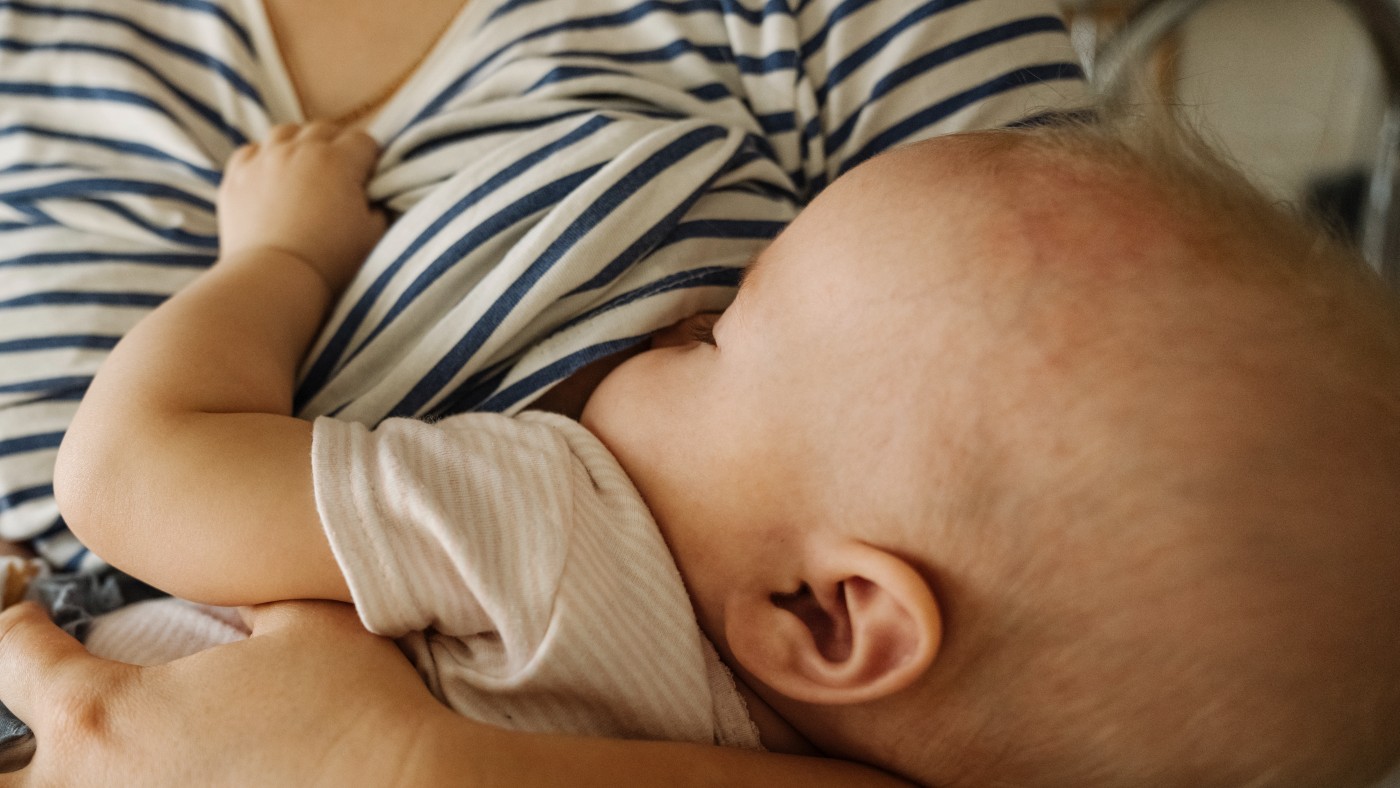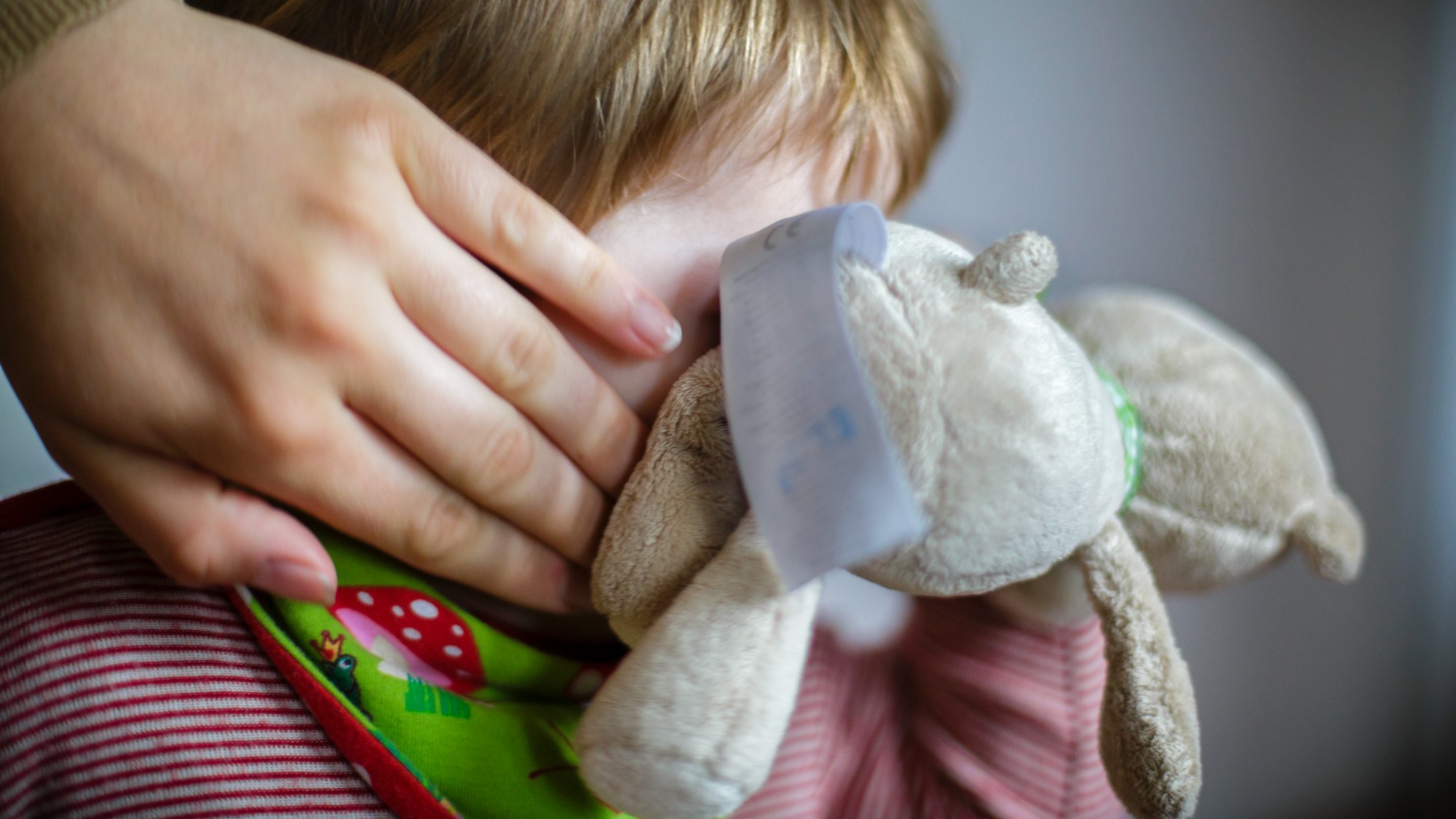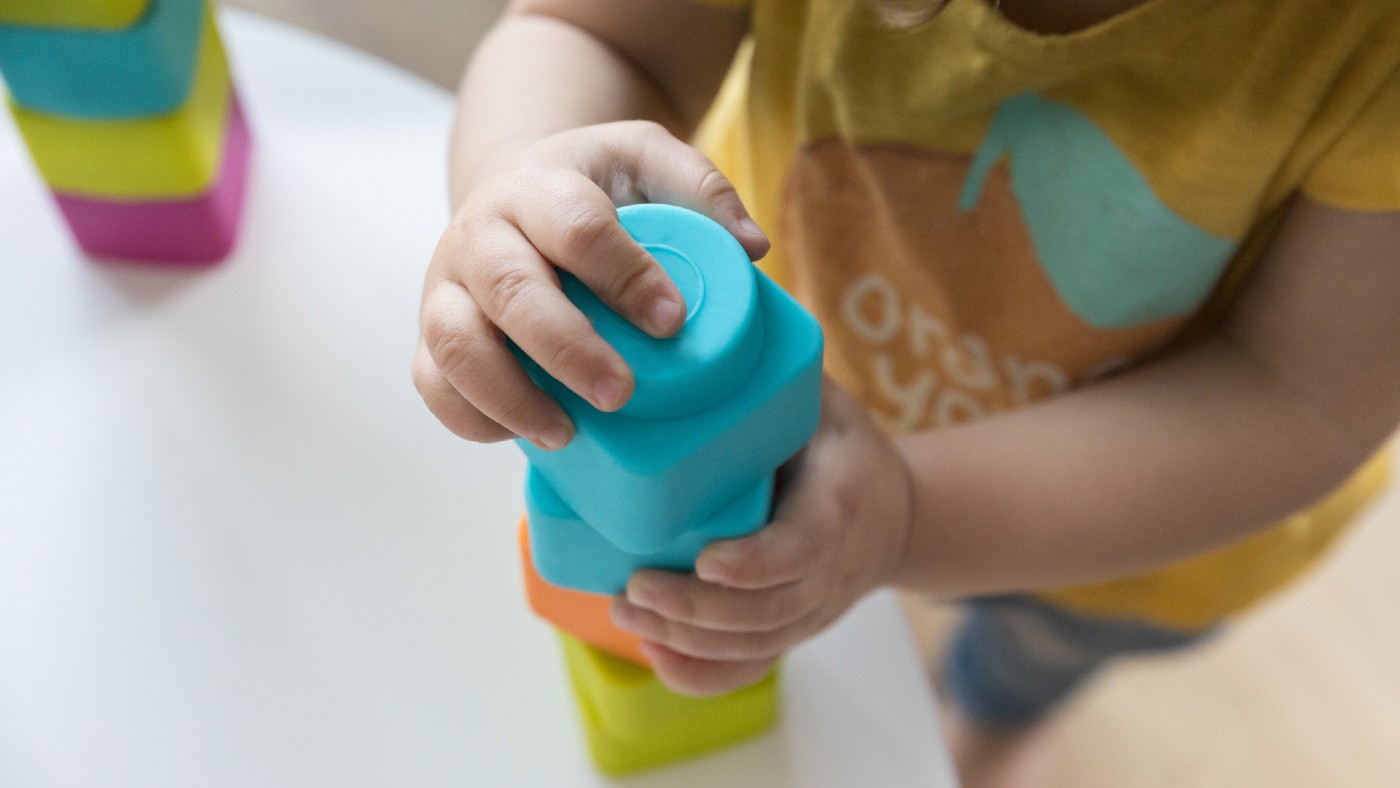Breastfeeding for longer linked to better exam results
New study suggests breast milk could help secure a child top grades in GCSEs

A free daily email with the biggest news stories of the day – and the best features from TheWeek.com
You are now subscribed
Your newsletter sign-up was successful
Children who are breastfed for at least 12 months are more likely to achieve top grades in future examinations, according to a new study by researchers at Oxford University.
While many parents will “enlist tutors, pay for private education or search for a home in a desirable catchment area” in the quest to secure their children “straight As”, said The Daily Telegraph, the “seeds of academic success” could be sown much earlier.
The study, published in the Archives of Diseases in Childhood journal, examined the association between breastfeeding duration and education achievement in England, for a cohort of almost 5,000 children born between 2000 and 2002.
The Week
Escape your echo chamber. Get the facts behind the news, plus analysis from multiple perspectives.

Sign up for The Week's Free Newsletters
From our morning news briefing to a weekly Good News Newsletter, get the best of The Week delivered directly to your inbox.
From our morning news briefing to a weekly Good News Newsletter, get the best of The Week delivered directly to your inbox.
The conclusion was that a “longer breastfeeding duration was associated with modest improvements in educational outcomes at age 16”. This was after controlling for “important confounders”.
Children breastfed for 12 months were three times more likely to achieve a grade worth an A or A* in GCSE maths and English, researchers found. Those breastfed for at least four months were approximately 12% more likely than non-breastfed children to pass at least five GCSEs, including English and maths, with the equivalent of a low B or a high C grade.
“Breast milk contains important polyunsaturated fatty acids,” the Daily Mail said, “which are believed to boost brain development.” For this reason, new mothers are encouraged to breastfeed their children for at least six months, according to the NHS, before continuing “for 2 years and beyond, alongside eating other foods”.
The Independent also highlighted other reported benefits of breastfeeding, suggesting it can protect babies from “diseases and infections”, as well as helping to prevent “breast and ovarian cancer” in mothers.
A free daily email with the biggest news stories of the day – and the best features from TheWeek.com
However, the study should not worry mothers who do not breastfeed. Dr Reneé Pereyra-Elías, who led the new research, stated that the difference was “modest” when it came to test scores, CNN reported
“It isn’t possible for every family to breastfeed, and those who don’t should not be shamed or feel guilty that they might be putting their children at a disadvantage,” he said.
Rebekah Evans joined The Week as newsletter editor in 2023 and has written on subjects ranging from Ukraine and Afghanistan to fast fashion and "brotox". She started her career at Reach plc, where she cut her teeth on news, before pivoting into personal finance at the height of the pandemic and cost-of-living crisis. Social affairs is another of her passions, and she has interviewed people from across the world and from all walks of life. Rebekah completed an NCTJ with the Press Association and has written for publications including The Guardian, The Week magazine, the Press Association and local newspapers.
-
 The Week contest: AI bellyaching
The Week contest: AI bellyachingPuzzles and Quizzes
-
 Political cartoons for February 18
Political cartoons for February 18Cartoons Wednesday’s political cartoons include the DOW, human replacement, and more
-
 The best music tours to book in 2026
The best music tours to book in 2026The Week Recommends Must-see live shows to catch this year from Lily Allen to Florence + The Machine
-
 How will new V level qualifications work?
How will new V level qualifications work?The Explainer Government proposals aim to ‘streamline’ post-GCSE education options
-
 England’s ‘dysfunctional’ children’s care system
England’s ‘dysfunctional’ children’s care systemIn the Spotlight A new report reveals that protection of youngsters in care in England is failing in a profit-chasing sector
-
 The problem with homeschooling
The problem with homeschoolingIn the Spotlight The practice is barely tracked or regulated in the US and can easily conceal abuse
-
 Pros and cons of school uniform
Pros and cons of school uniformPros and Cons Government plans to ease costs for parents with new rules on branded uniform
-
 The pros and cons of homework
The pros and cons of homeworkPros and Cons Should schoolwork be left at the school gate?
-
 Pros and cons of GCSEs: is the exam system fit for purpose?
Pros and cons of GCSEs: is the exam system fit for purpose?Pros and Cons Tony Blair has called for ‘radical’ education reform but others want a more cautious approach
-
 The options to fix Britain’s ‘broken’ childcare system
The options to fix Britain’s ‘broken’ childcare systemfeature Proposal to ease staff-to-child ratio in nurseries has been met with anger
-
 Britain home to the ‘unhappiest teenagers in Europe’ - but why?
Britain home to the ‘unhappiest teenagers in Europe’ - but why?Speed Read Charity says ‘modern life’ and ‘exam pressure’ is driving down life satisfaction